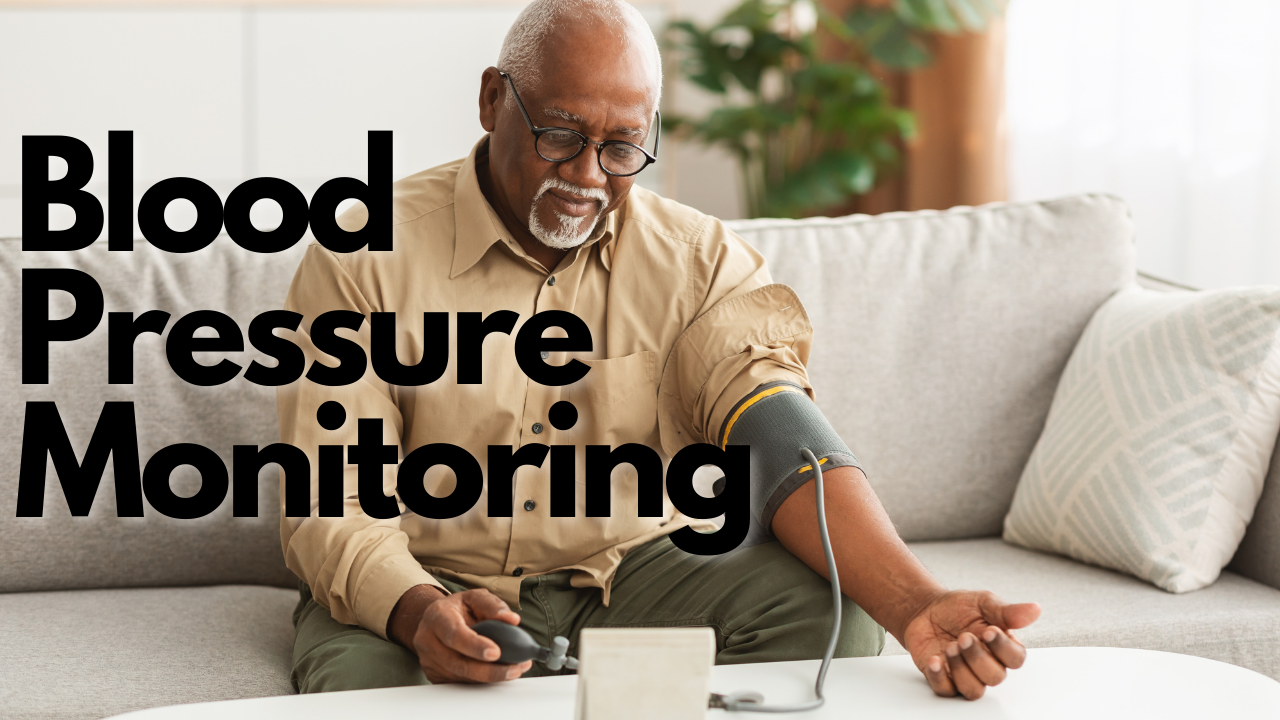Monitoring your blood pressure regularly is one of the most effective ways to prevent serious health issues like heart attacks and strokes. High blood pressure often goes unnoticed until it’s too late, but regular monitoring helps you stay on top of any changes and take action when needed.
Why Blood Pressure Monitoring is Essential
Blood pressure fluctuates throughout the day, but consistently high levels can cause damage to your heart and blood vessels. Regular monitoring allows you to detect early signs of hypertension before it leads to serious complications.
Learn more about the importance of monitoring your blood pressure from the American Heart Association.
How to Monitor Your Blood Pressure at Home
Investing in a reliable blood pressure monitor is a small step that could save your life. Here’s how to do it:
- Choose the right device: Use an upper-arm monitor rather than a wrist monitor for more accurate readings.
- Be consistent: Measure your blood pressure at the same time every day.
- Stay relaxed: Sit comfortably and rest for a few minutes before measuring.
When to Seek Medical Attention
If your readings consistently show systolic levels above 130 or diastolic levels above 80, it’s time to consult a healthcare provider. High blood pressure can lead to strokes, heart attacks, and kidney disease.
For more on when to seek help for high blood pressure, visit the Mayo Clinic’s advice.
Conclusion
Regular blood pressure monitoring is an easy, proactive step that can make a huge difference in your health. Visit our pharmacy for the latest blood pressure monitors and tools to help you stay on track.




